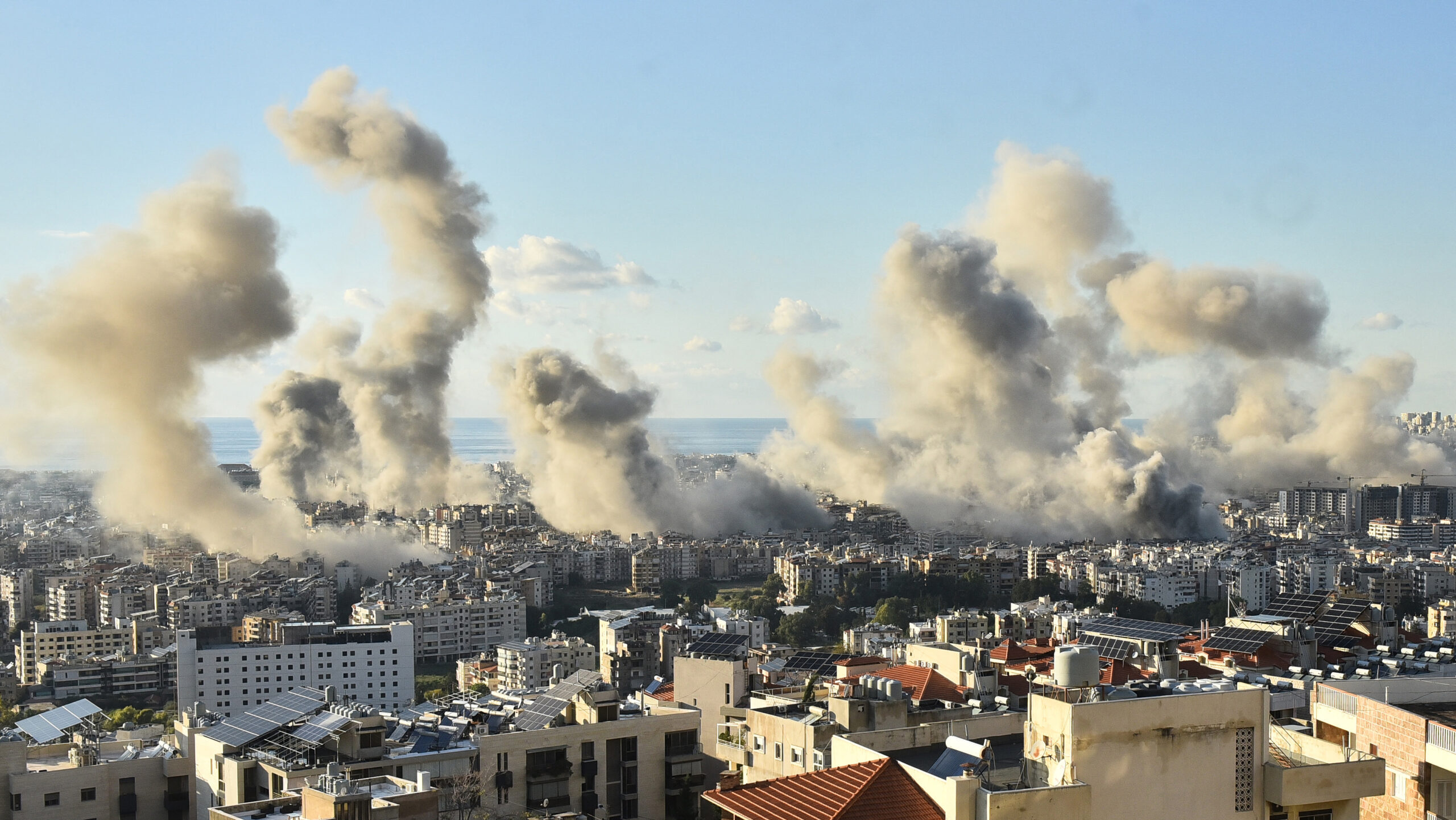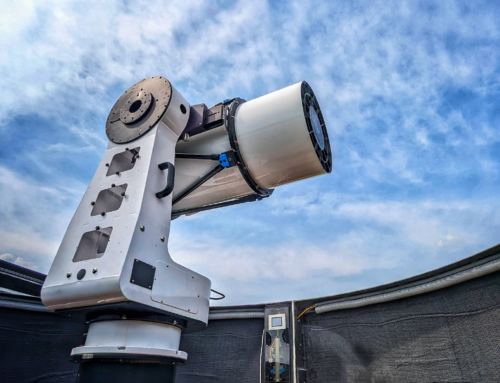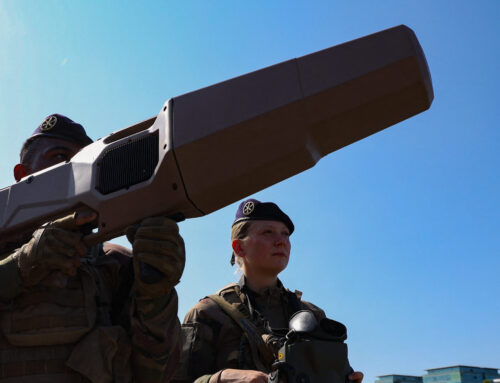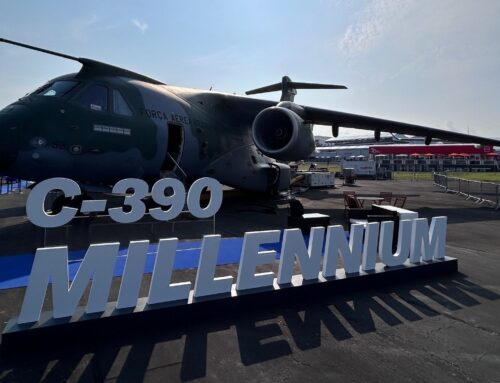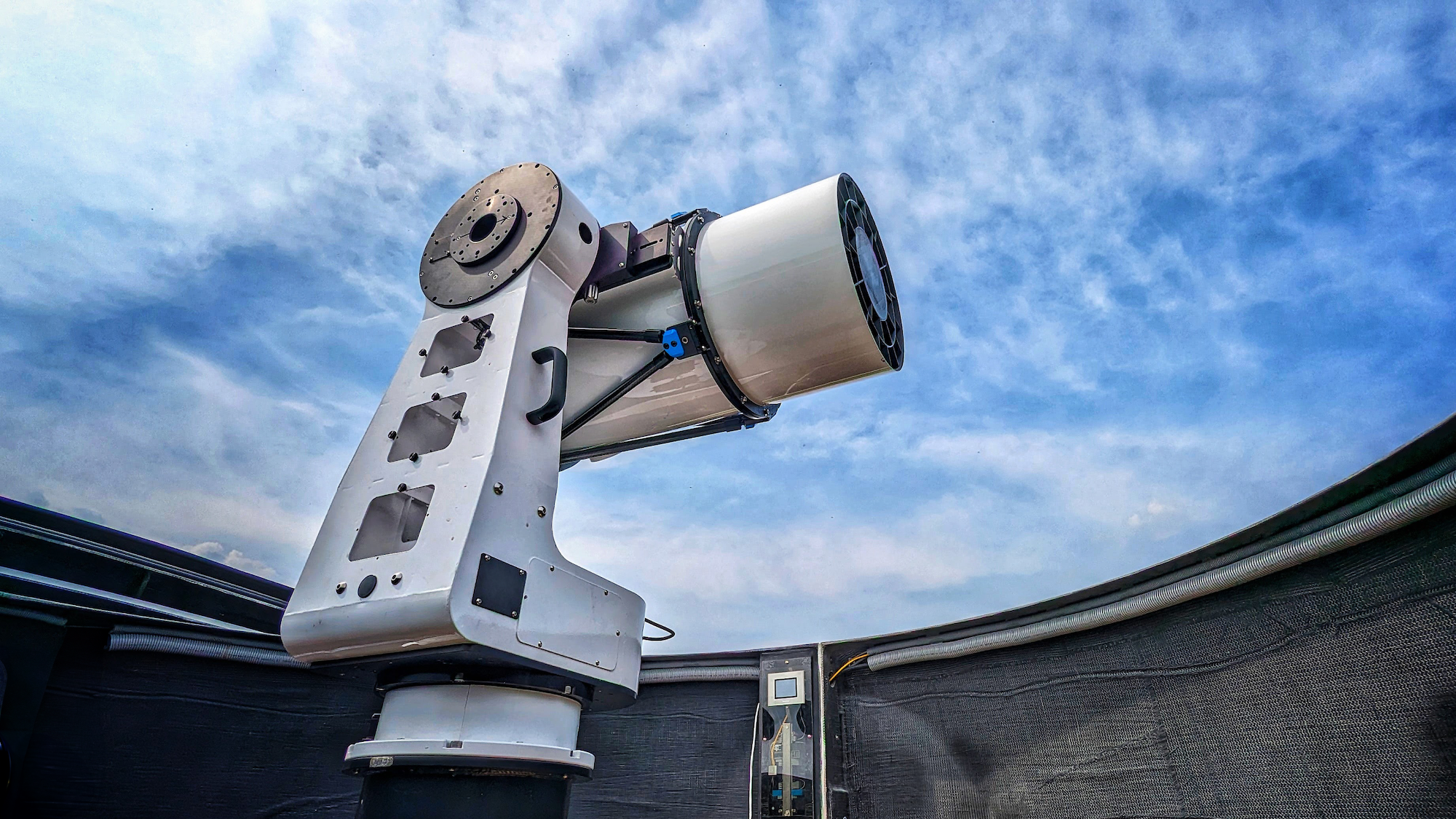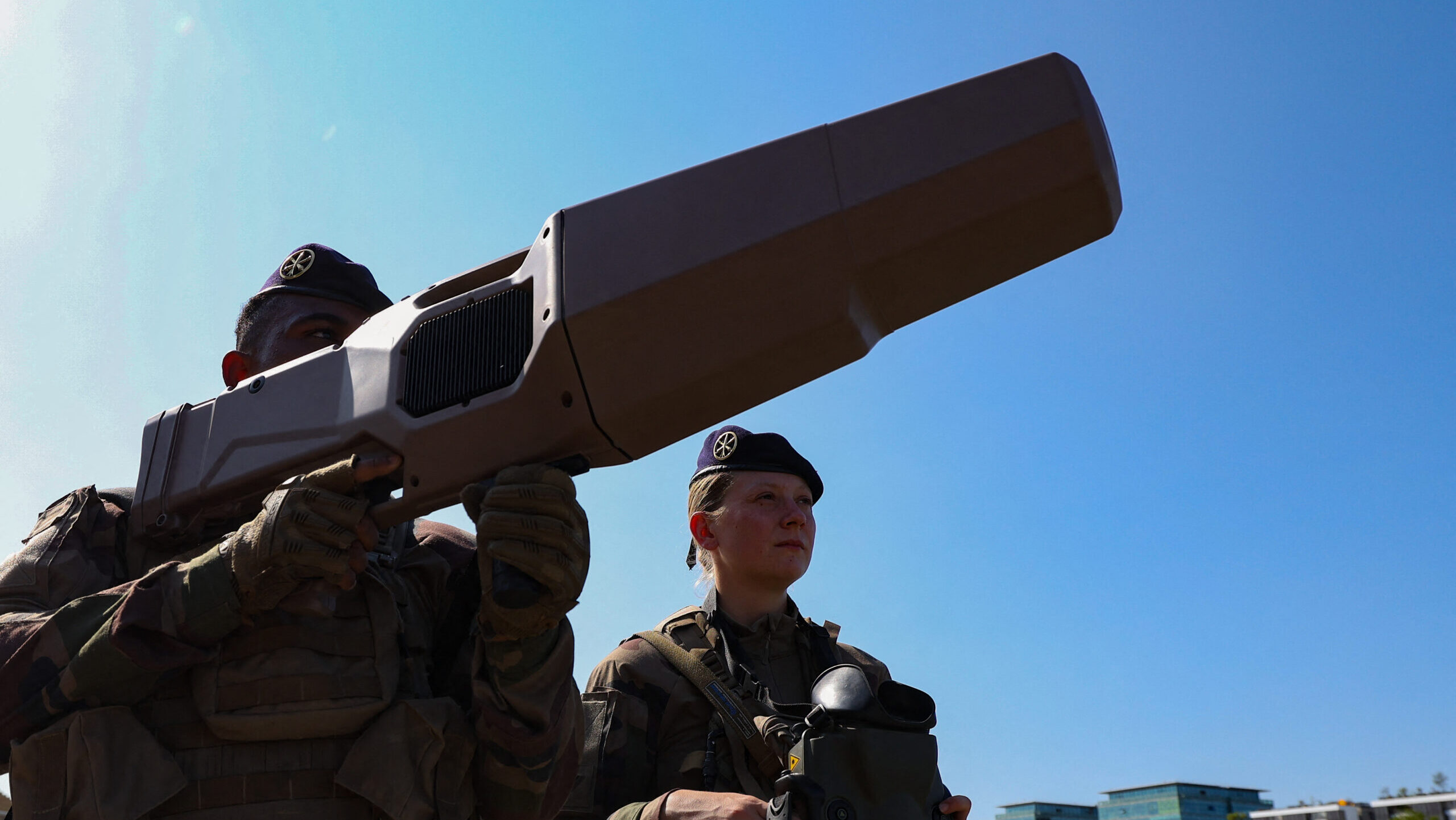Smoke billows above Beirut’s southern suburbs following an Israeli airstrike on November 26, 2024, amid the ongoing war between Israel and Hezbollah. (Photo by FADEL ITANI/AFP via Getty Images)
BEIRUT — Just hours after Israel launched a barrage of strikes on the southern suburbs of Beirut, Israeli Prime Minister Benjamin Netanyahu announced he will bring a plan for a temporary ceasefire to Israeli lawmakers, paving the way for a major, if tenuous development after two months of heavy fighting.
A Lebanese official reportedly said that Hezbollah, Israel’s Iran-backed enemy in Lebanon, has agreed to such a proposal.
“The duration of the ceasefire depends on what happens in Lebanon. We have an understanding with the United States,” Netanyahu said, according to a live Sky News translation of his address. “We are maintaining our full liberty to take military operations if Hezbollah tries to attack us, it arms itself, rebuild infrastructure next to the borders — we will attack them. If they launch missiles, if they dig tunnels, we will attack.”
The prime minister did not offer details about the ceasefire proposal, but previous reporting said discussions included a 60-day cessation of hostilities. Israeli troops would withdraw from South Lebanon, and Hezbollah troops would withdraw north of the Litani River, according to the Times of Israel.
Additionally, the deal reportedly calls for implementation of 1701 United Nations Security Council Resolution, the deployment of Lebanese Armed Forces on the southern border alongside United Nations Interim Forces in Lebanon, UNIFIL. A US-led international committee is purportedly would monitor the execution of the ceasefire.
At the Pentagon today, spokesperson Maj. Gen. Pat Ryder also did not reveal the specifics of the deal, but said that as “far as the ceasefire goes, we’re, of course, strongly supportive of a ceasefire.
“We’re consulting closely with our interagency partners in terms of what potential contributions the DOD can make,” he said. “I don’t have anything to announce from here, but we’ll certainly keep you updated.”
The announcement comes 57 days after the Israeli ground invasion of southern Lebanon and 415 days after Hezbollah joined what it called the “Gaza support” front on Oct. 8, 2023, dragging Lebanon into the conflict between Israel and Hamas in Gaza. The ceasefire does not apply to Gaza.
Lebanese retired armed forces Gen. Wehbe Katicha said the monitoring by the US-led group would likely include land, sea and air borders in part to prevent arms transfers to Hezbollah.
Maroun Hitti, also a retired brigadier general from the Lebanese Armed Forces, told Breaking Defense ahead of the announcement that he viewed the acceptance of a ceasefire as a defeat for Hezbollah.
“Hezbollah would have given up linking Lebanese front to Gaza support and the strategy of ‘unity of the fronts’ would have disintegrated and been crushed forever,” he said.
More broadly Ali Bakir, non-resident senior fellow at the Atlantic Council’s Scowcroft Middle East Security Initiative, said a ceasefire could prompt existential questions about Hezbollah, especially after its leadership has been systematically devastated by Israeli operations.
“The key question is: What is the purpose of Hezbollah’s arsenal if it can neither fight Israel nor protect Hezbollah, its leaders, the Shiite community, and Lebanon, as the party has claimed for over a decade?” Bakir asked.


